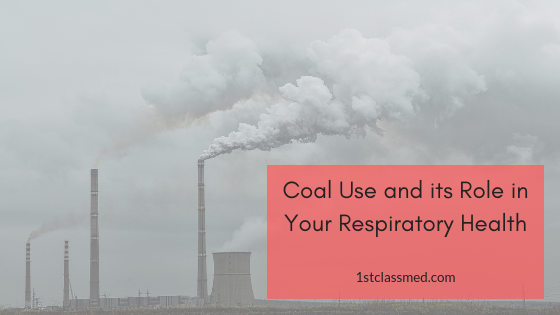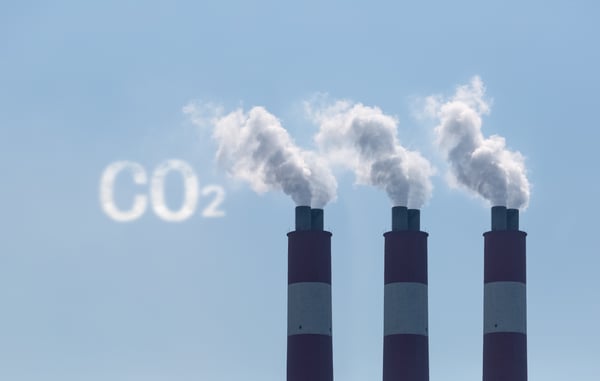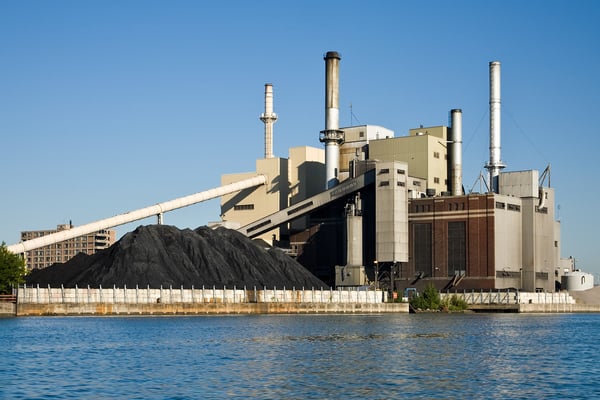
Electricity is helpful in our everyday lives, it makes our jobs possible, it allows us to see at night and call our loved ones, but at what cost?
Much of our electricity comes from the use of coal, but the push for solar and wind energy is increasing.
Coal is still in our environment and is damaging to our health, from mining coal to disposing of it after use it can pollute the air and harm our lungs.
The pollution from coal burning is filled with chemicals harmful to us and those around the world.
Chemicals Involved:
The most harmful effect of coal is the actual burning of it, as it produces chemicals and they get released into the air, causing air pollution.
Some chemicals produced are sulfur dioxide, oxides of nitrogen, carbon dioxide, mercury, arsenic, chromium, nickel, acid gases, hydrocarbons, uranium and thorium in flyash.
Known effects of coal combustion can affect the respiratory and cardiovascular systems, neurological development in children can be abnormal, poor growth in a fetus and can cause multiple types of cancer.
A huge issue is that coal contains mercury, and when it burns off it can end up in water and can be ingested by fish we eat.
Studies have shown that women around the world have higher than normal mercury levels from the air pollution from coal, this can put any offspring of these women at risk.
The World Health Organization (WHO) put together a report of air quality data from 1,100 cities and 91 countries in 2011, finding that “both developed and developing countries, the largest contributors to urban outdoor air pollution include[s] motor transport, small-scale manufacturers and other industries, burning of biomass and coal for cooking and heating, as well as coal-fired power plants.”
It was also discovered that “Residential wood and coal burning for space heating is an important contributor to air pollution, especially in rural areas during colder months.”
There is concern for residential heating as well, as many people have fire places that are wood or coal burning and those are showing to have a large effect on air pollution.
Though it can be cost efficient to burn wood and coal versus getting solar panels, it can be bad for your health as burning those mediums in a fireplace doesn't mean it will all escape through the chimney.
This can put you at risk, keeping many pollutants in your home and having you breathe it continuously.
Pollution From Coal Mining:

The entire process of coal use includes mining, transporting, combustion and disposal, each step produces more pollution in the air.
Mining the coal produces oil and slurry when the coal is washed, this mix can contain hazardous substances which can leak and get into ground water and the surface.
When transporting the coal via train, truck, ship, or barge there are emissions from the method of travel that can be a factor in air pollution.
While the coal is being burned (combustion) it emits chemicals into the air, causing air pollution as well.
Finally, when the coal is disposed of it can end up in a landfill, contaminating any nearby water, and the ground with arsenic, cadmium, barium, thallium, selenium and lead.
There is constant pollution throughout the process of coal mining and production, some stages are worse than others but all can be damaging to your health.
Traveling of Pollution:
Living near a coal fired power plant can put you at a higher risk of exposure to the emission, it can be affected by weather (wind (direction and speed), temperature, and precipitation) and topographical features.
The air pollution can travel very far, effecting those thousands of miles away and even around the world.
Those that can be affected by air pollution include children, the elderly, pregnant women, and those with lung conditions (asthma, COPD, etc).
40% of electricity produced (in the world) comes from the burning of coal, and it is likely that the number of power plants using coal increases as the demand for energy increases.
As the population continues to grow, the demand for energy increases and that will require more power plants.
The external costs of energy from coal is almost only adverse health effects on the population (95%).
This means that nearly 100% of the external cost (anything not include in the energy’s monetary price) is the effects of air pollution on the population near the power plant.
Health Effects:
According to a study done and published in The Lancet in June of 2018, Nearly 23,000 premature deaths can be attributed to emissions from local power plants, 21,000 hospital admissions, 11,800 chronic bronchitis diagnosis’ in adults and 51,700 in children.
This has caused nearly 23,503,000 restricted activity days and 6,575,800 days off of work.
The U.S. EPA (Environmental Protection Agency) came to a result that particle matter (PM) is the cause of respiratory symptoms, developing asthma, and decrease in lung function in children.
The EPA estimated benefits and costs of the Clean Air Act, this law is to regulate emissions of sulfur dioxide, oxides of nitrogen, carbon monoxide and PM.
The results were that the CAA could save the American people 25 dollars on health-related costs for every dollar spent on complying with the Act.
They anticipated a reduction in premature death and the diagnosis of bronchitis, asthma and myocardial infarction.
Not only can it save money for the American people, it can lower our risk of developing lung conditions.

Conclusion:
There are a lot of health concerns surrounding coal mining and burning, as it can affect more than just our lungs.
With a lot of research from many different sources coming to the same result, turning to solar or wind energy can help protect our health.
Coal produces air pollution which can travel around the world and effect those thousand of miles away.
There is also benefit in turning away from coal burning, as it can lessen the cost spend on health-related things (medications, dr appts, hospitalizations, etc.) for the public.
Overall the affects of coal-energy produce more harm than good, and it is important to push for solar and wind energy to be more heavily used.



